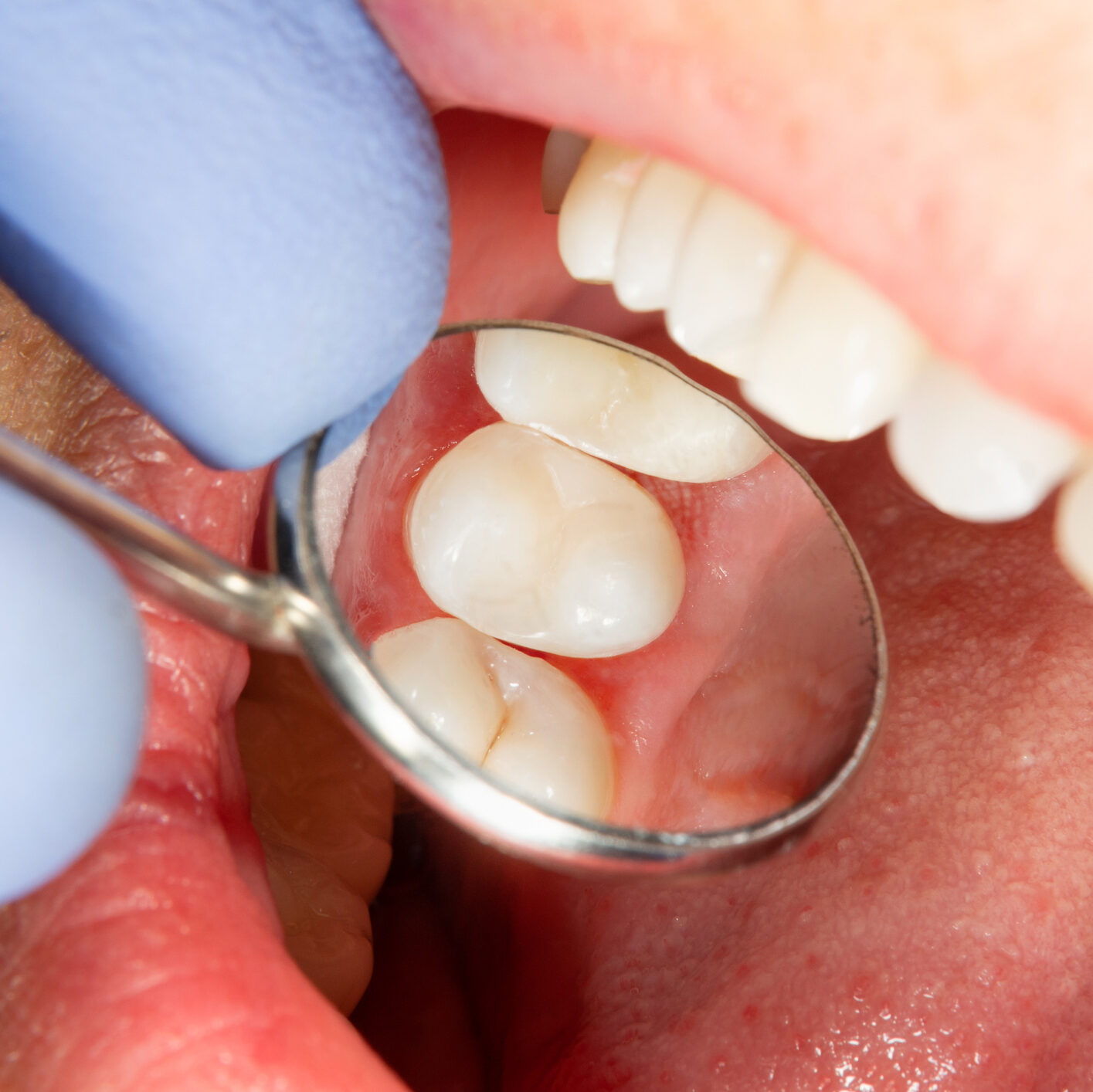Regular dental cleanings play a role in maintaining oral health. They go beyond regular brushing and flossing, adding a layer of professional care that enhances your overall dental hygiene. Learn what dental cleanings involve, why they are beneficial, and how they support long-term oral health.
What Happens During a Dental Cleaning?
Dental cleanings typically consist of several steps performed by trained dental hygienists to provide thorough care.
- Inspection: A dental hygienist examines your teeth and gums with a small mirror to identify any initial signs of tartar buildup or gum disease.
- Scaling: Using specialized tools, tartar is removed from both above and below the gum line without damaging the enamel. This process targets hardened deposits missed during routine home care.
- Polishing: A fluoride toothpaste is applied with a motorized brush to clean and smooth the teeth, helping to resist future plaque buildup.
- Flossing and Rinsing: The teeth are flossed to remove any remaining debris, and a fluoride rinse is used for additional protection.
- Oral Health Guidance: Recommendations for at-home dental care and scheduling for the next cleaning are provided.
Why is Tartar Removal Beneficial?
Tartar removal is a pivotal aspect of dental cleaning and plays a role in maintaining good oral health. While brushing and flossing are effective at removing plaque, tartar forms when plaque hardens over time and becomes impossible to remove without professional tools. If left untreated, tartar can build up along the gumline and between teeth, increasing the risk of cavities, gum inflammation, and gum disease. Removing tartar not only protects your teeth and gums from these potential issues but also helps maintain the aesthetic appeal of your smile, leaving your teeth looking cleaner and healthier. Regular professional cleanings help eliminate tartar, contributing to long-term oral health and overall well-being.
How Often Should You Get a Cleaning?
The frequency of dental cleanings depends on individual oral health needs. General guidelines recommend visiting the dentist every six months. However, individuals with advanced tooth decay, gum disease, or unique oral health concerns may require more frequent cleanings. Consulting with a dental professional allows for a schedule tailored to your specific requirements.
What are the Benefits of Regular Dental Cleanings?
Regular cleanings offer a range of benefits for your oral health and overall well-being.
- Cavity Prevention: Removing plaque and tartar helps protect against the formation of cavities.
- Gum Health: Routine cleanings lower the risk of gum disease by addressing tartar buildup and reducing inflammation.
- Fresh Breath: Removing bacteria and debris from hard-to-reach areas refreshes your breath.
- Early Detection of Issues: Cleanings often include initial screenings for conditions such as tooth decay or gum disease, allowing for timely intervention.
- Long-Term Health: Consistent dental care supports overall oral hygiene, reducing the likelihood of more complex dental procedures later on.
Maintain Your Oral Health
Booking regular dental cleanings is an integral part of a comprehensive oral hygiene routine. These appointments provide professional attention that complements your daily care routines, making sure your teeth and gums remain in optimal condition. To experience the long-term benefits of professional dental cleanings, schedule your next appointment with a trusted dental provider. Investing in regular care protects your smile, enhances oral health, and contributes to your overall well-being.
- Choosing the Right Plastic Surgeon for Your Cosmetic Procedure
- Understanding Different Types of Laser Treatments for Skin Rejuvenation
- Why a Family Dentist is Key for Maintaining Oral Health
- The Benefits of Regular Visits to a Wellness Spa
- Exploring the Emotional and Psychological Triggers of Eating Disorders


Leave a Reply